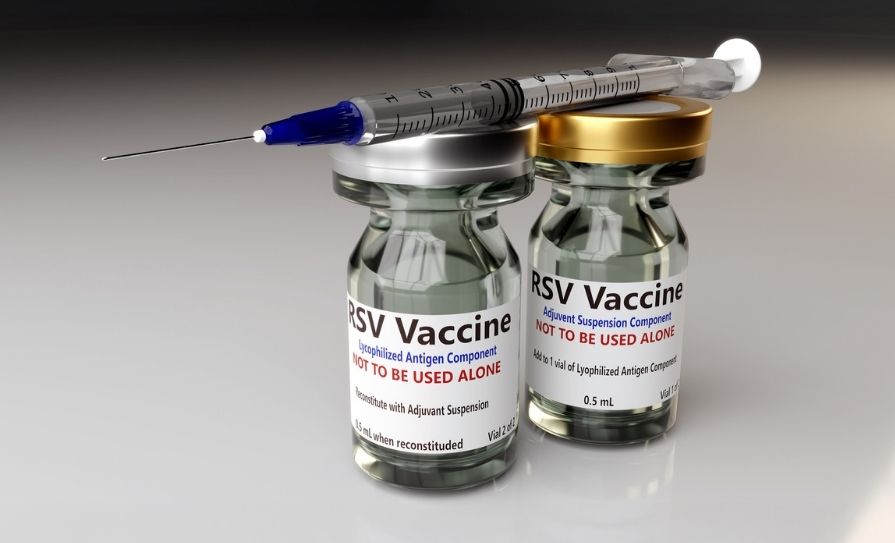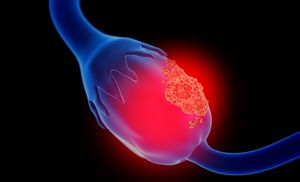Two key changes were recently made to the HSE’s infant and childhood immunisation programme
The HSE recently announced a series of changes to the primary childhood immunisation schedule, applicable to all babies born on or after 1 October 2024. This includes the introduction of the chickenpox (varicella) vaccine.
The changes in summary are:
▶ At six months – removal of the dose of MenC vaccine;
▶ At 12 months – introduction of chickenpox (varicella) vaccine;
▶ At 13 months – replacement of the combined HIB/MenC with a 6-in-1 and a MenC vaccine at 13 months.
There are no changes to the number of GP immunisation visits required. They remain at five separate visits at two, four, six, 12, and 13 months.
Dr Chantal Migone, Consultant in Public Health Medicine at the HSE National Immunisation Office, said: “We are delighted that the chickenpox vaccine is now part of the routine childhood immunisation schedule as has been recommended by the national immunisation advisory committee.”
She added: “Many parents might consider chickenpox to be a mild illness, but for some babies chickenpox and its complications can be very serious, resulting in hospitalisation for 170 cases last year [2023], and in rare cases even death. Adding the chickenpox vaccine to the routine immunisation schedule will ensure the best protection for babies and far fewer serious cases of the disease.”
Infant RSV programme
The new HSE immunisation programme to protect newborn babies against respiratory syncytial virus (RSV) has significantly reduced infections, serious illness, and hospitalisations among babies born in Ireland since 1 September, according to the HSE.
All babies born between 1 September 2024 and 28 February 2025 are eligible to be given a new monoclonal antibody immunisation, nirsevimab, free of charge in every maternity hospital in Ireland before they are discharged home to protect against RSV. Nirsevimab starts working as soon as the baby receives the injection and protects against RSV for 150 days, covering the very early period in a baby’s life when they are most vulnerable to serious RSV-related illness.
As well as protecting young babies against serious illness, the RSV immunisation programme will help safeguard vital hospital paediatric services during the very busy winter months by limiting preventable admissions caused by RSV-related illness.
The programme is initially being rolled out as a ‘pathfinder’ initiative which is designed to explore and establish innovative approaches to improving health outcomes within a community or population. Such programmes often serve as pilots or models that can be scaled-up and replicated in other settings.
In relation to babies born since 1 September when the programme started:
▶ 41 cases of RSV were notified compared to 656 cases in the same period of the previous year (early Dec 2023 vs early Dec 2024).
▶ 24 babies were hospitalised compared to 413 cases in the same period of the previous year.
▶ Five babies needed treatment in ICU for RSV infection compared with 64 in the same period of the previous year.
Welcoming the data, Public Health Lead for the RSV pathfinder programme at the HSE National Health Protection Office, Dr Augustine Pereira, emphasised that the programme is running throughout the winter months when RSV levels are highest and urged parents of newborn children to continue to get the immunisation when offered it in hospital.
“The programme has hugely reduced the level of illness and in many cases serious illness among the youngest and most vulnerable babies,” said Dr Pereira.
HSE Chief Clinical Officer, Dr Colm Henry, said that teams in the maternity units around the country and in Children’s Health Ireland have worked tirelessly on planning and implementing this programme and thanks to their efforts, many babies have been protected from illness and the need for hospitalisation so far this winter.
“The very significant reduction in illness and hospitalisations powerfully illustrates the effectiveness of immunisation and vaccine programmes and the protection from serious illness that they provide,” said Dr Henry.
For further information about the HSE Primary Childhood Immunisation Programme, visit www.immunisation.ie













Leave a Reply
You must be logged in to post a comment.